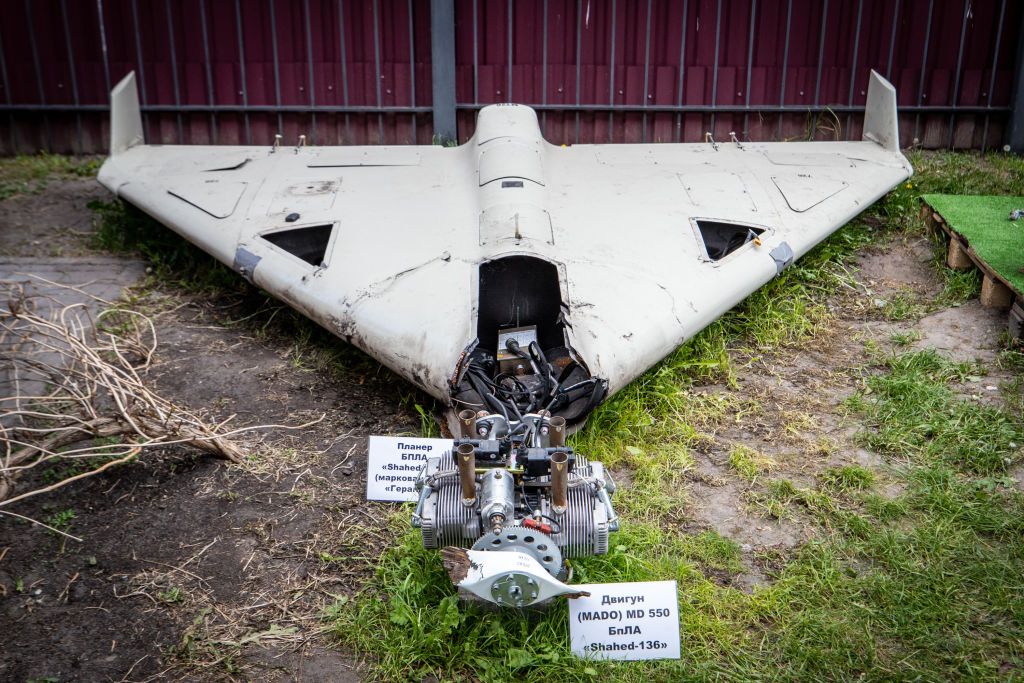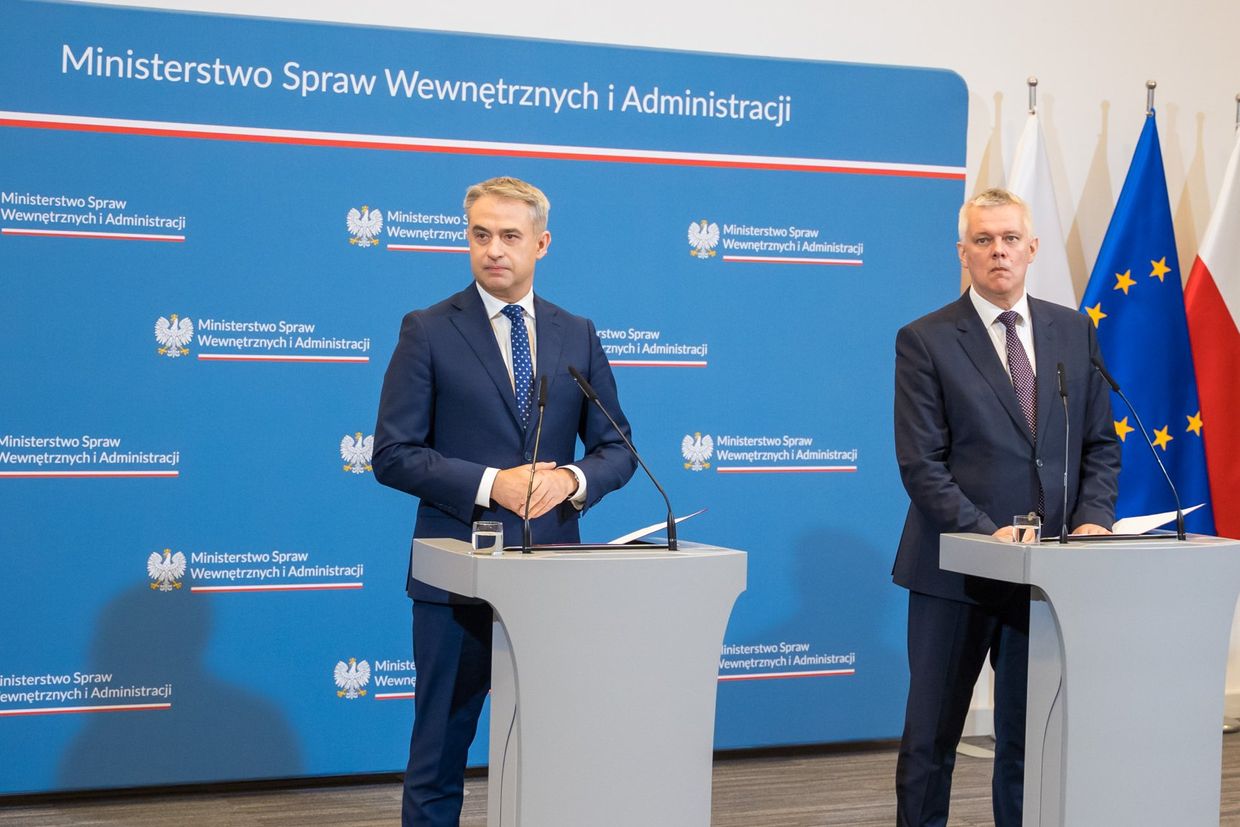Latvia summons Russian charge d'affaires over drone crash.
Latvia summoned the Russian Embassy's charge d'affaires to express protest after a Russian drone armed with explosives crashed in Latvia for the first time, the Latvian Foreign Ministry announced on Sept.
9. The charge d'affaires "was requested to provide a comprehensive explanation of the incident, in which an unmanned aerial vehicle illegally violated Latvia's airspace while also carrying explosives," the Latvian Foreign Ministry said. The Russian diplomat "confirmed that he would inform the Russian Foreign Ministry about the situation."
The Latvian authorities are currently conducting an "in-depth investigation into the circumstances of the incident," the Foreign Ministry said. Lieutenant General Leonids Kalnins, the commander-in-chief of the Latvian Armed Forces, confirmed on Sept.
9 that the drone was heading towards a target in Ukraine before it entered Latvia via Belarus.
Latvia confirms Russian Shahed drone armed with explosive crashed on its territory A Russian Shahed-type drone equipped with an explosive crashed in Latvia on Sept.
7, Latvia's Defense Ministry confirmed during a press conference on Sept.
9.

The drone eventually crashed in Gaigalava parish in Rezekne district, 85 kilometers (52 miles) northwest of the Belarusian border. The explosive that the drone was carrying did not detonate on impact, but was deactivated by Latvian personnel. Russian drones have previously crashed in Romania and its non-NATO neighbor, Moldova.
Other drones and missiles have also violated Polish airspace on several occasions. After a likely Russian drone flew into Polish airspace on Aug.
26 amid a mass attack on Ukraine, Polish Brigadier General Tomasz Drewniak said that Russia is potentially testing Poland's air defense system. "By releasing the device onto our territory, the Russians are checking how our system is raised, at what time we raise the alert forces into the air," General Drewniak told RMF24.
Poland's reaction to the drone entering its airspace can provide Russia with "a lot of valuable information, which is then useful for planning any operation," General Drewniak said.
'De facto cyberwar' -- Poland says it uncovered 'saboteurs' working for Russia, Belarus
Speaking at a press conference, Digital Affairs Minister Krzysztof Gawkowski said the perpetrators' goals were to "extort information, to blackmail individuals and institutions, and to wage de facto cyberwar."
